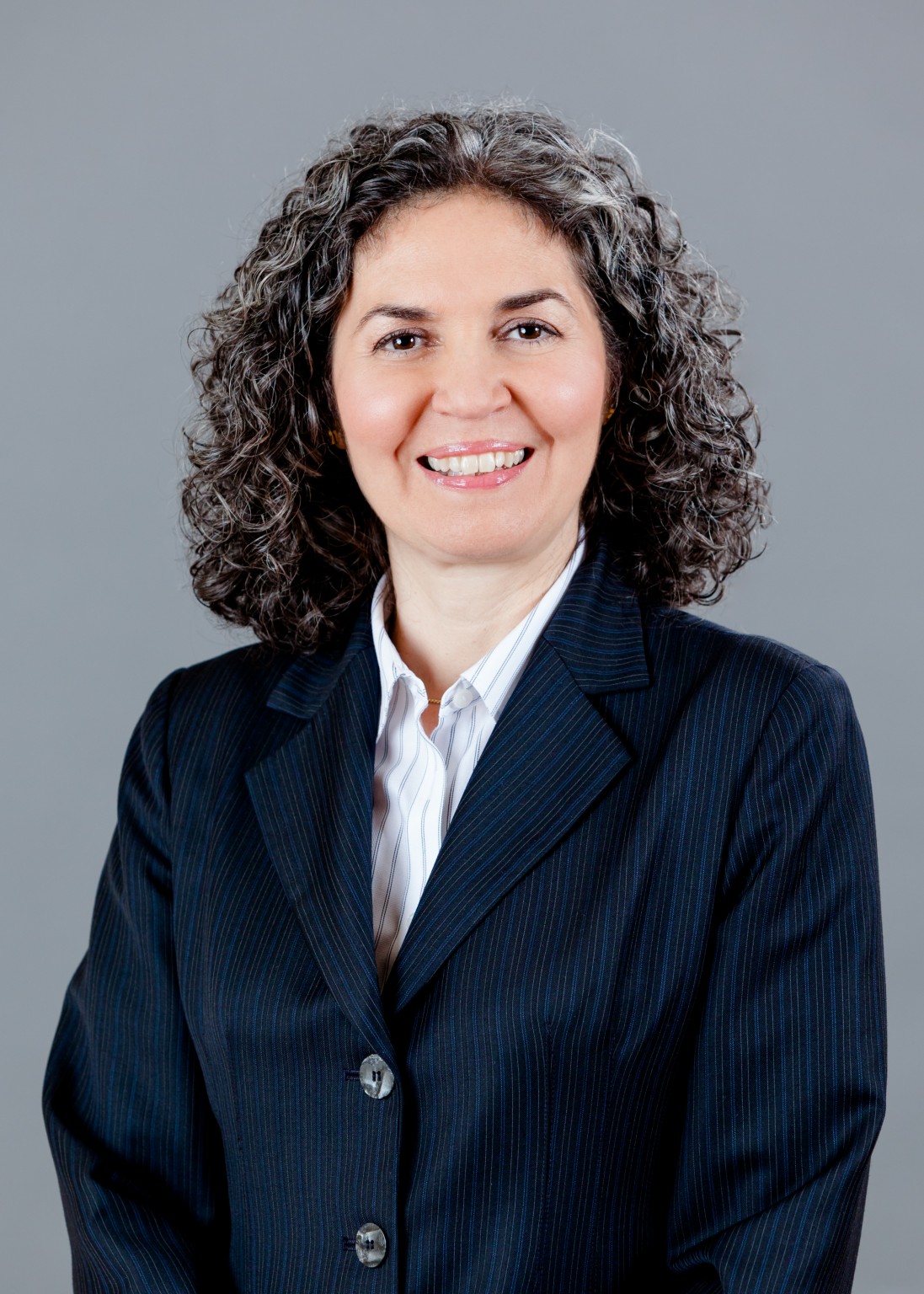- Home
- About Us
- The Team / Contact Us
- Books and Resources
- Privacy Policy
- Nonprofit Employer of Choice Award

 I provide seminars to groups of women who want to learn more about making sound investment choices and planning for their retirement years. I am often asked, “Why is investing different for women?”
I provide seminars to groups of women who want to learn more about making sound investment choices and planning for their retirement years. I am often asked, “Why is investing different for women?”
Here are some of the main factors:
How do women overcome these obstacles? Putting a financial plan in place is key!
Taking control of your finances According to a report by the Gerontology Research Group, 2014, in Canada 40% of seniors’ (65+) income is from government sources. This means 60% of retirement income needs to be covered by other sources. With fewer employers offering company defined benefit pension plans, the onus is shifting to the individual to invest to maintain their lifestyle in retirement.
What is your current situation? Do you or your spouse have a defined benefit pension plan? What is the projected income stream from this source? Is the plan well funded and secure?
Do you have a defined contribution plan at your workplace? Does your employer offer to match a certain percentage of your contribution? Are you taking advantage of this program? Is there a certain vesting period? What is the financial impact if you change employers prior to the vesting period?
What personal retirement savings have you accumulated? How much in RRSPs or locked-in retirement accounts? Do you make annual contributions to your RRSP? Have your started to contribute to a tax-free savings account? Do you have other investments?
When do you plan to retire and how many years do you expect your retirement will last? What is the most tax efficient retirement withdrawal strategy? With current longevity rates, many people will need to plan on having retirement assets that will last at least 30 years!
Investing and planning for your future Work with an advisor to develop a retirement plan specific to your situation. Assess your personal tolerance for market risk and develop a diversified portfolio that considers the duration of your retirement and rising living costs.
Risk mitigation Part of good planning involves mitigating future risk. Assess whether it makes sense to purchase critical illness or disability insurance to protect income should you become ill during your peak earning years.
Women are living longer lives and at some point, are likely to be living alone whether due to widowhood, divorce or choice. Women need to have a plan in place for when they are no longer able to care for themselves to maintain their dignity and independence. Consider long-term care insurance to help cover costs for in-home caregivers or care in a retirement facility.
Life insurance can be used to protect the value of an estate or the needs of a surviving partner.
Resources An investor education website that is a great resource is www.getsmarteraboutmoney.ca
Bernardine Perreira CFP©, CIM©, is a Financial Advisor with Perreira Hurly Wealth Advisory of Raymond James Ltd. Raymond James Ltd., member – Canadian Investor Protection Fund.